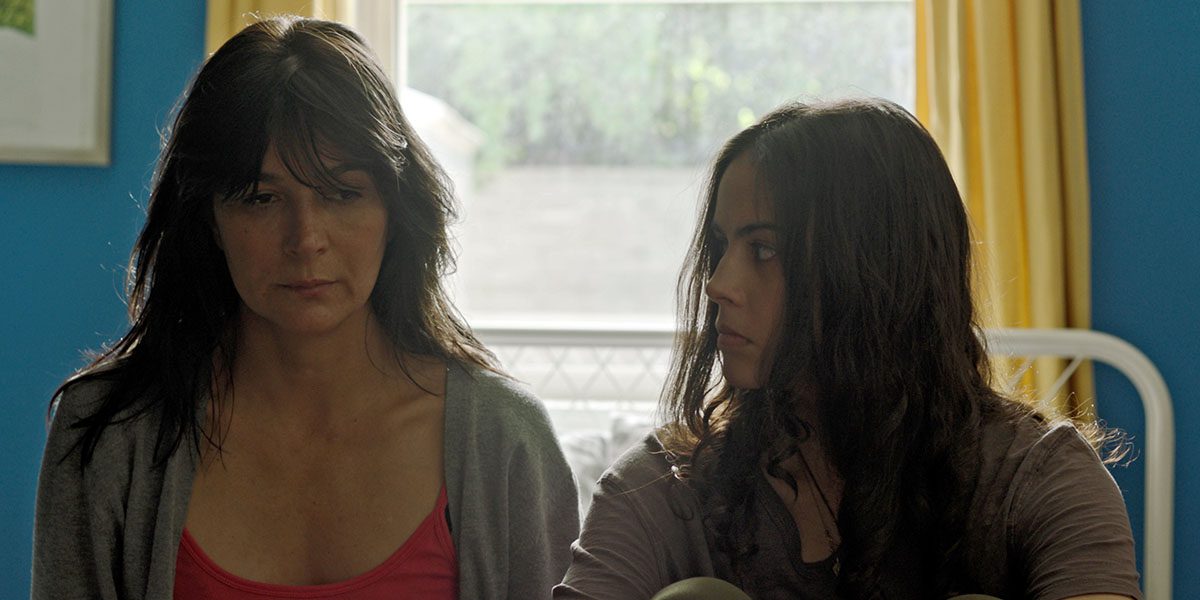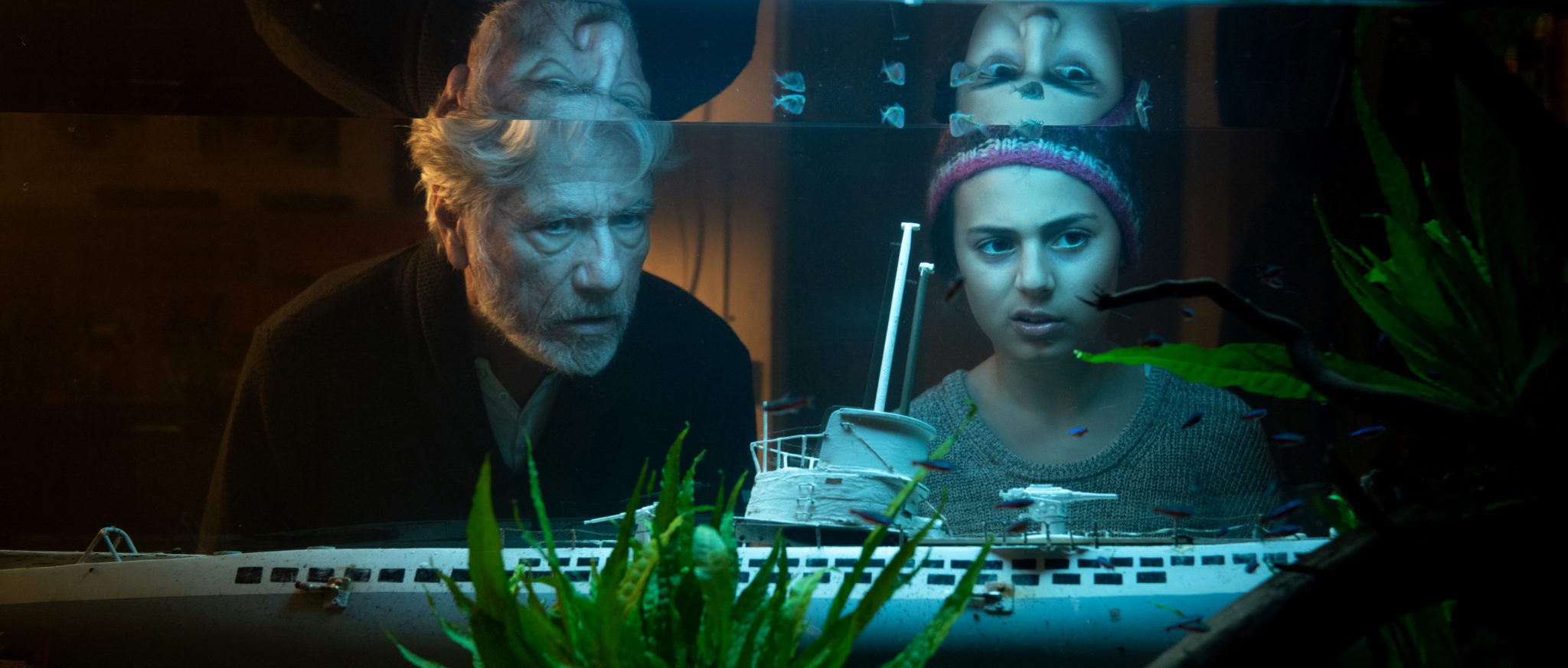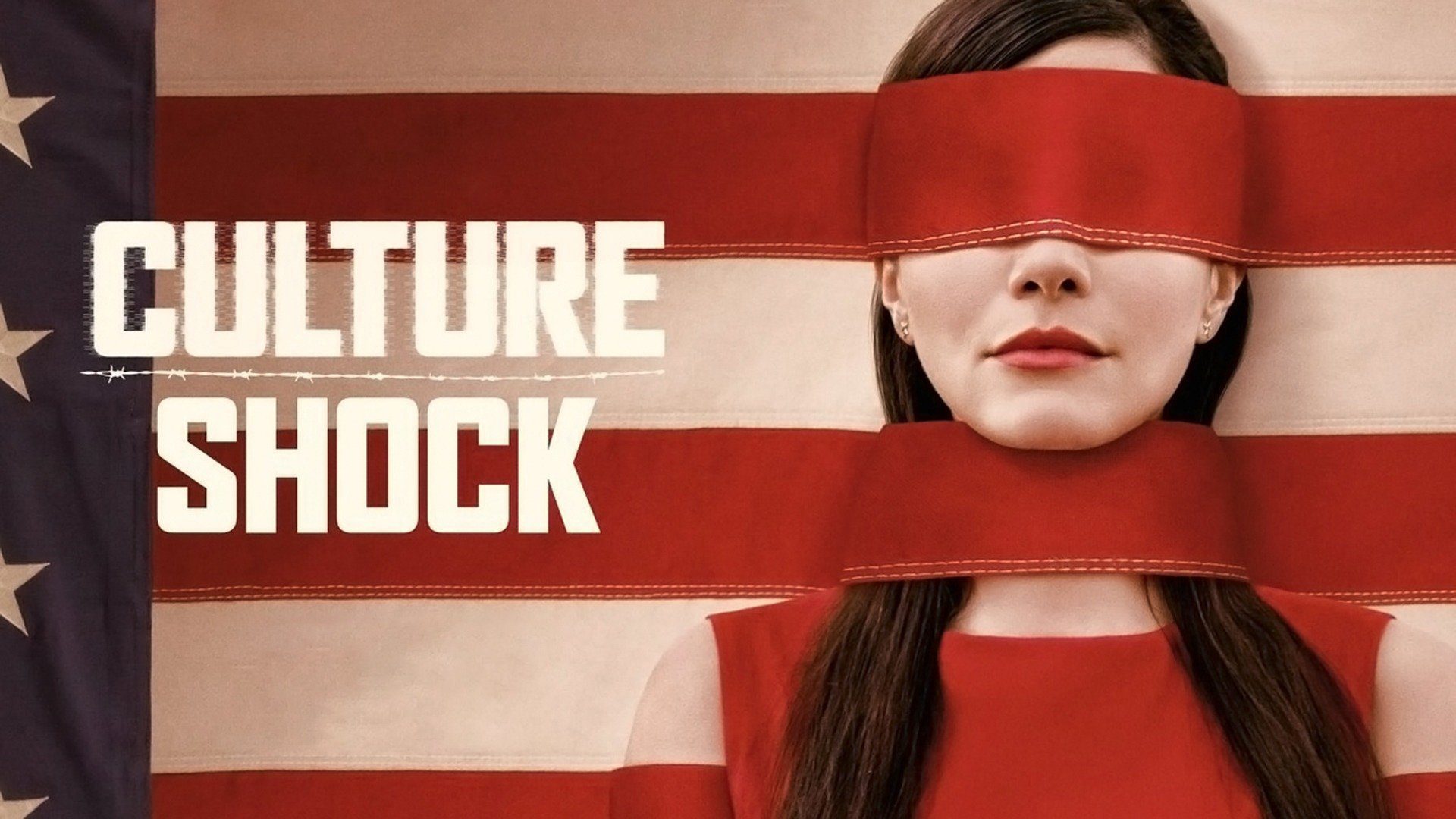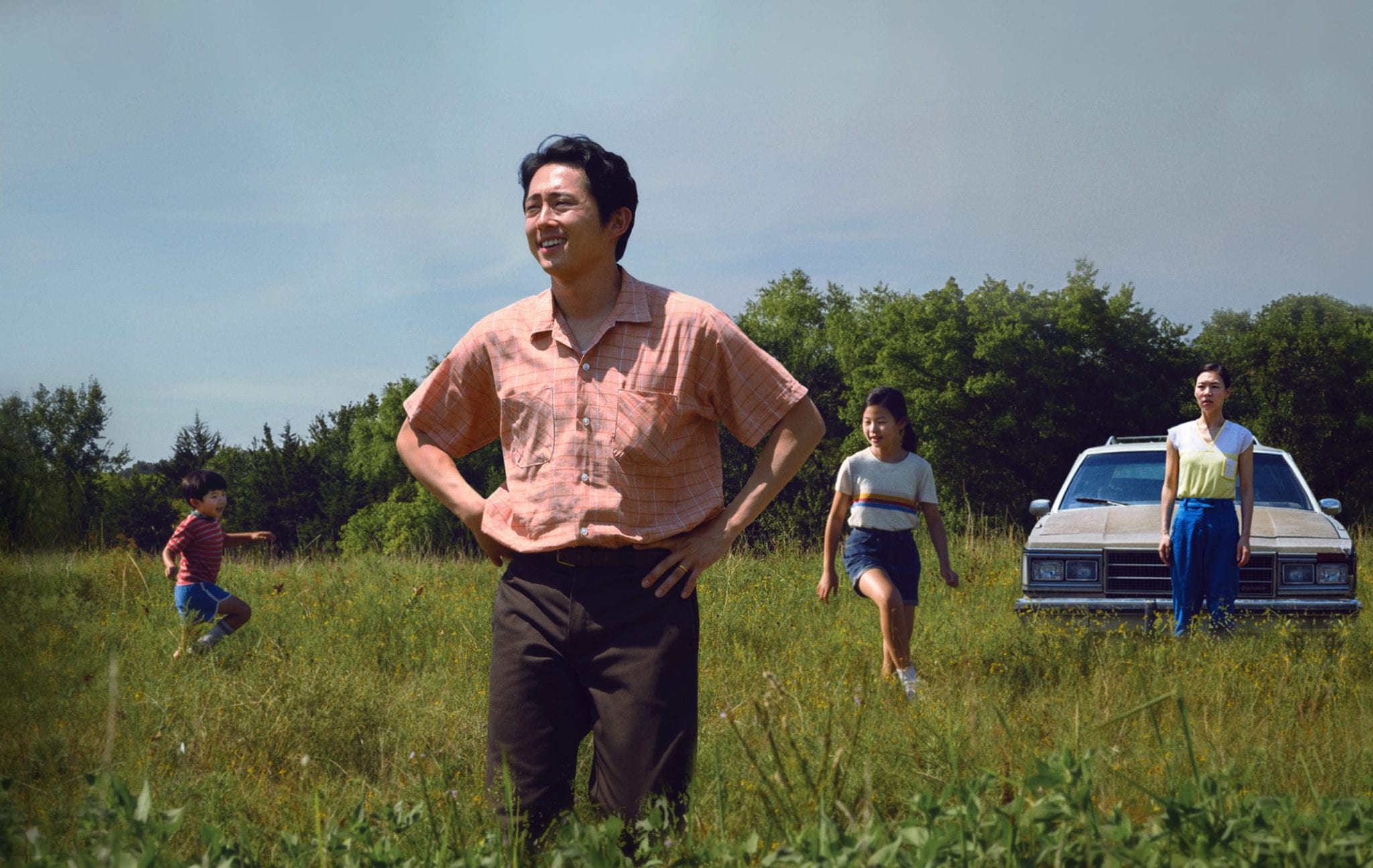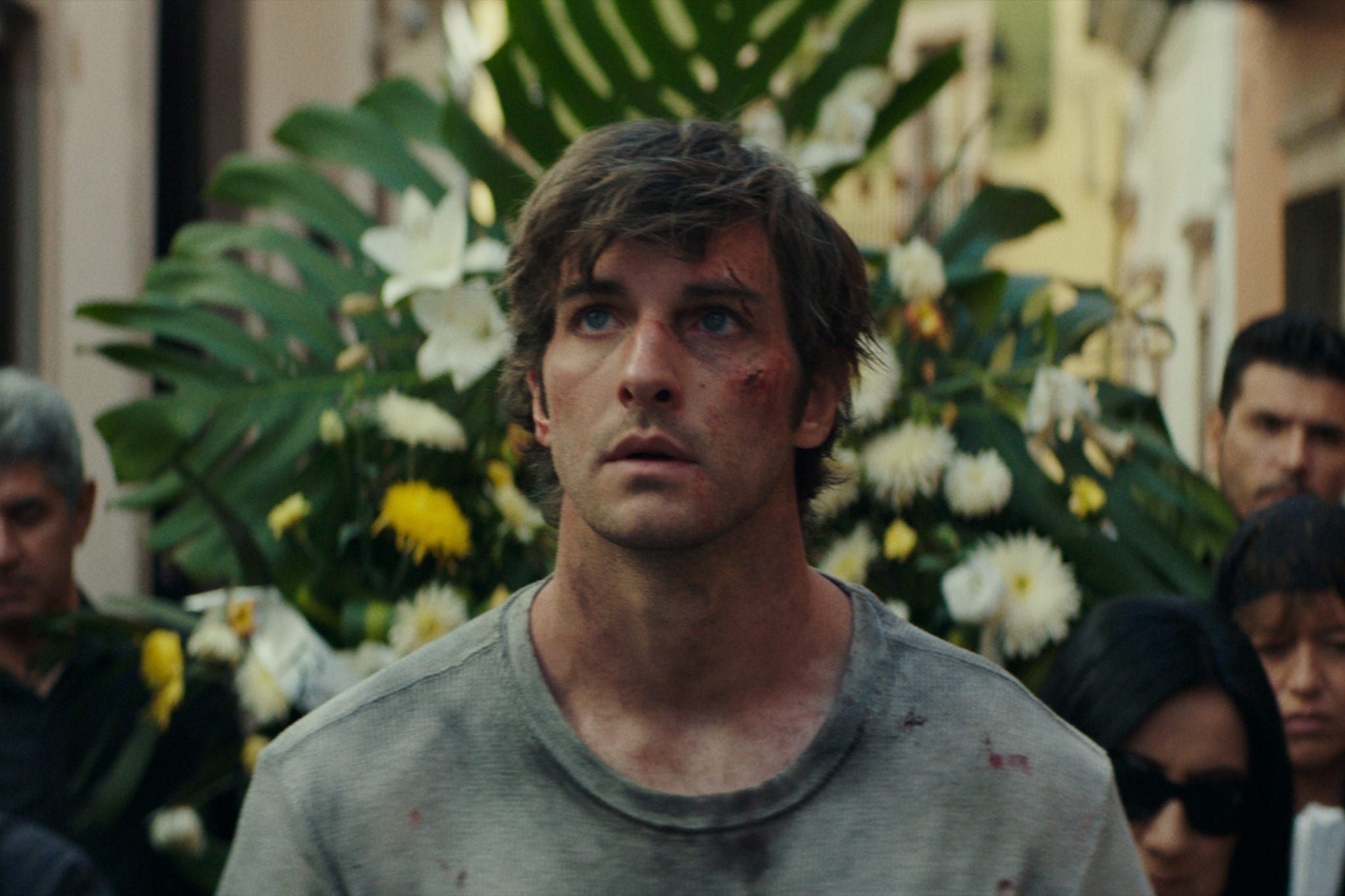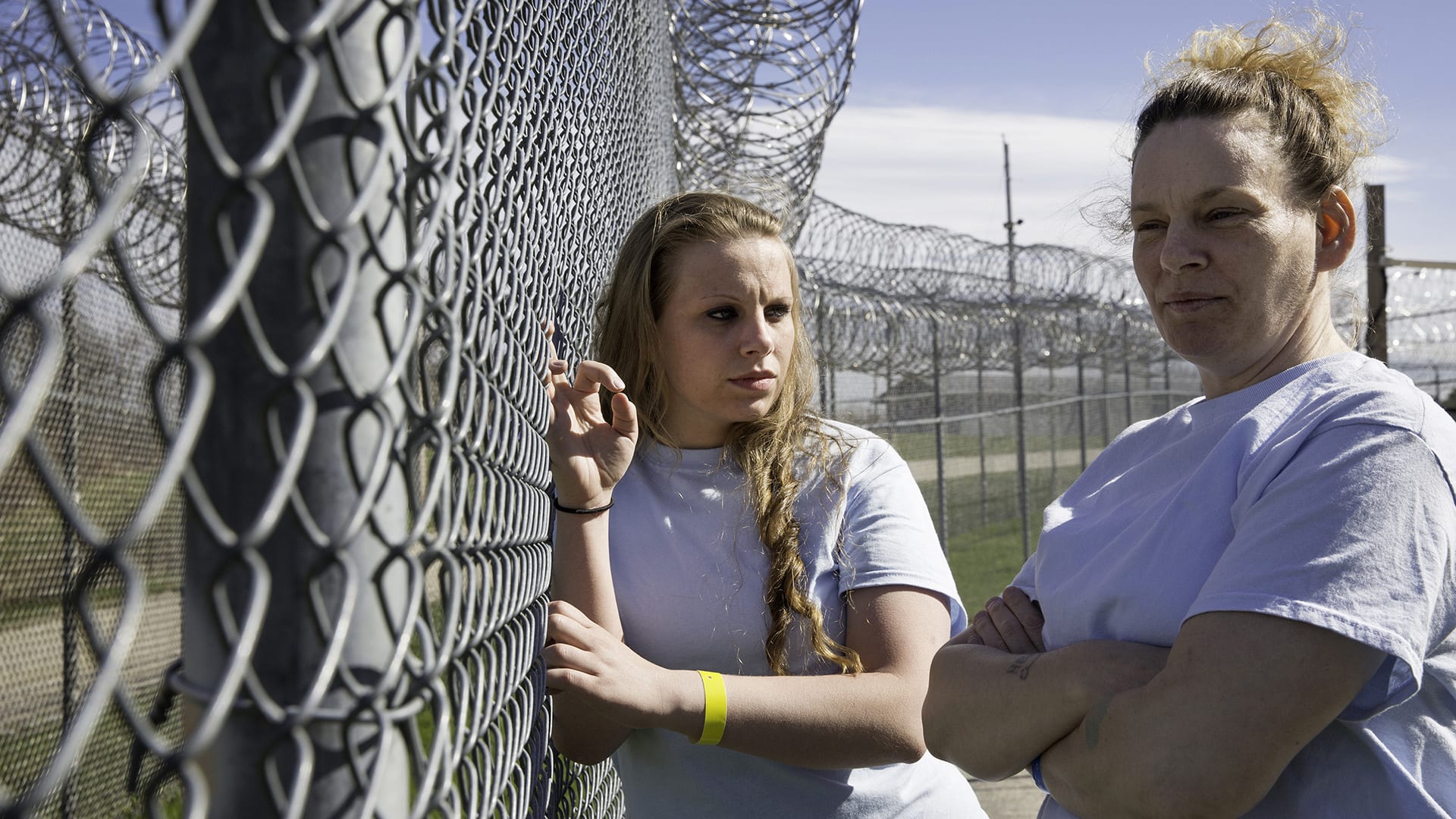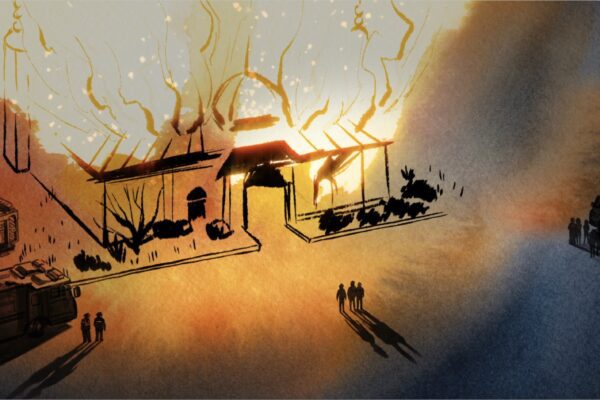
A Town Called Victoria – Community of communities
In 2017, a mosque was destroyed by fire in the South Texas city of Victoria. It became a national news story. There were obvious questions to be raised by those events—questions of racism, immigration, Islamophobia, and what it means to be an American. Lu Li’s A Town Called Victoria is a three episode series on…

